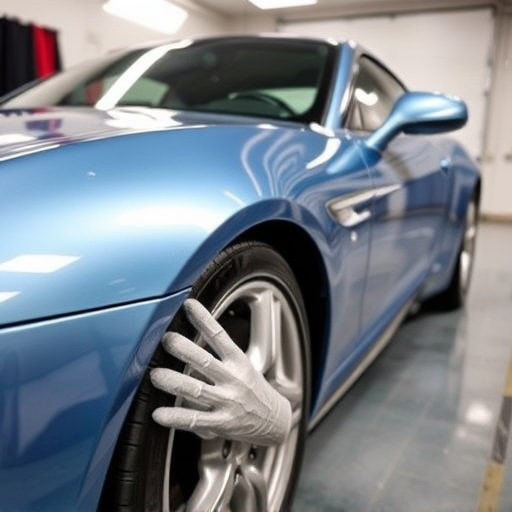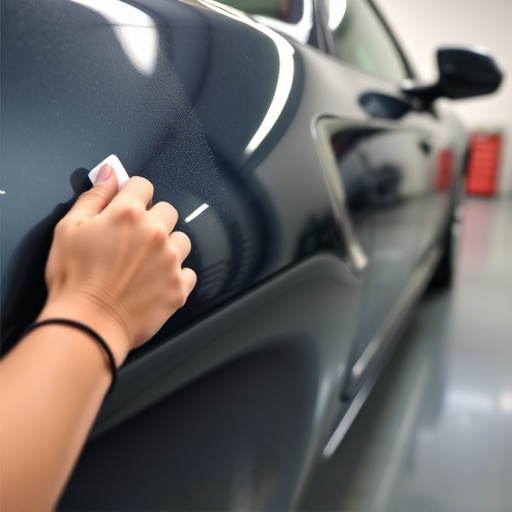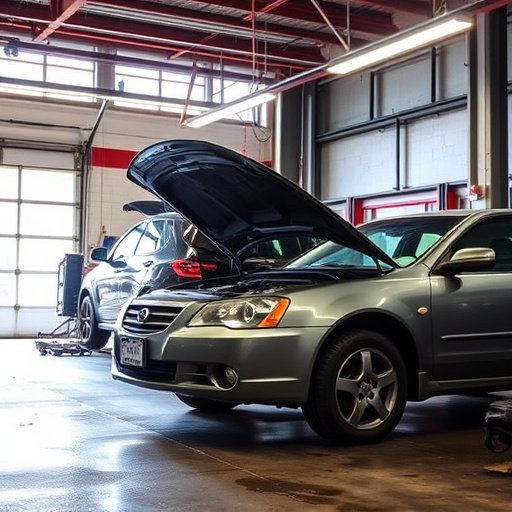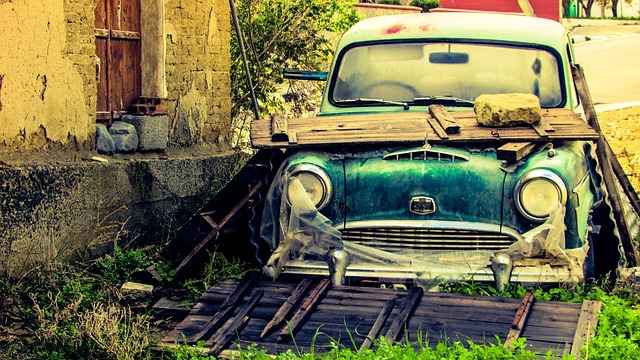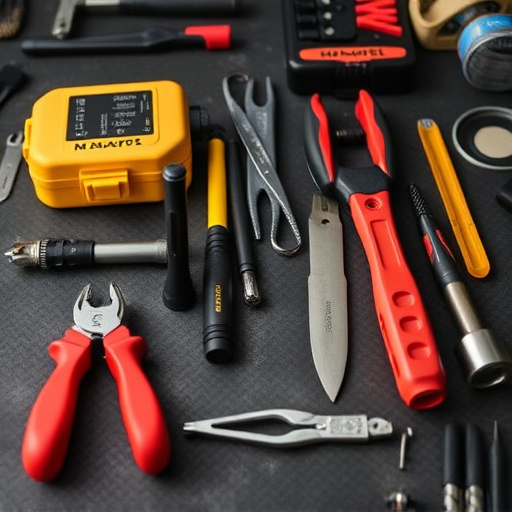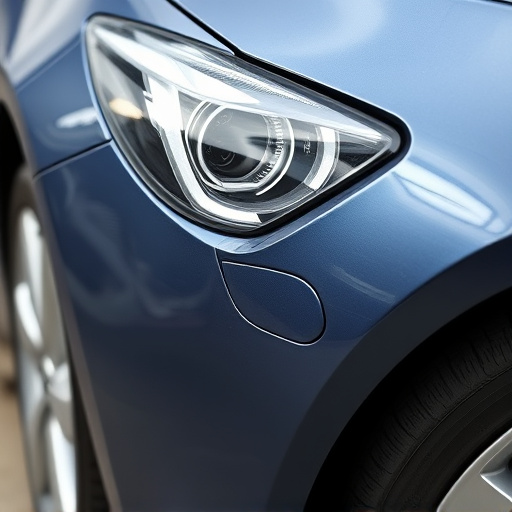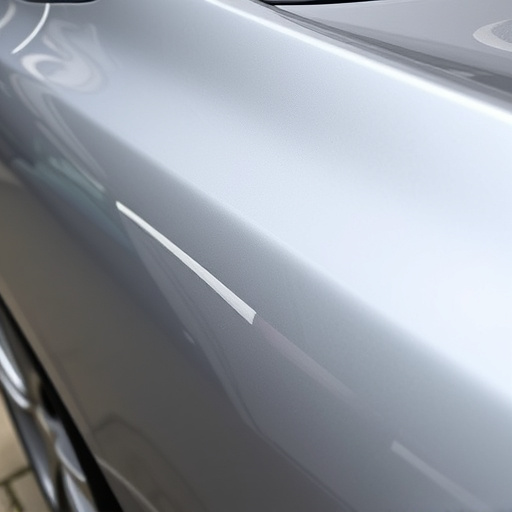Adhering to industry standards in auto body restoration is crucial for quality and safety, ensuring structural integrity and customer trust. Shops with ICAR certification and technician credentials from bodies like NAIA prioritize excellence, fostering positive word-of-mouth and attracting discerning customers seeking top-tier fleet repair services. Accreditation drives continuous learning, resulting in flawless repairs that enhance vehicle aesthetics, performance, and passenger safety.
In the competitive landscape of auto repair, establishing a reputation for quality requires more than just skilled technicians. Certification matters in auto body restoration shops, as it ensures compliance with industry standards and enhances customer trust. This article explores the crucial role of certifications in the auto body restoration process, highlighting key credentials that set apart exceptional shops. By understanding these requirements, business owners can navigate the market effectively and deliver top-notch services.
- Understanding Industry Standards for Auto Body Restoration
- Key Certifications for Repairing Vehicle Damage
- Benefits of Professional Accreditation for Body Shops
Understanding Industry Standards for Auto Body Restoration
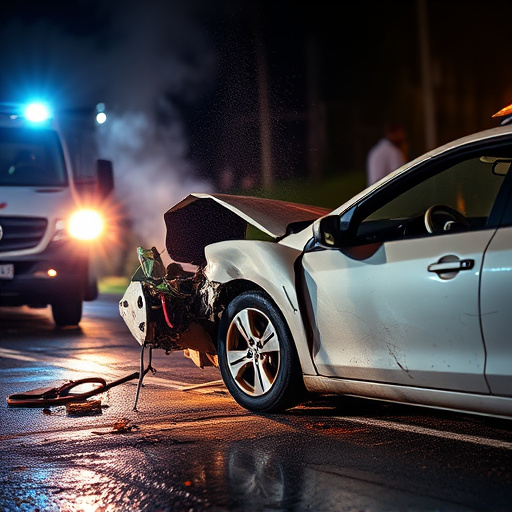
In the realm of auto body restoration, adhering to industry standards is paramount for maintaining quality and safety. These standards ensure that repairs are not just visually appealing but also structurally sound, protecting vehicle occupants and ensuring optimal performance. For auto body restoration shops, understanding and implementing these guidelines is crucial. The process involves meticulous techniques, precise measurements, and the use of high-quality materials to match the original car body’s specifications.
Comprehending industry standards includes staying updated on best practices in car body repair, as well as leveraging advanced technologies that enhance precision and efficiency. Reputable auto repair shops invest in training their staff in the latest techniques, including computer-aided design (CAD) for accurate measurements and digital imaging to ensure consistent results. This commitment to excellence not only attracts customers seeking top-tier fleet repair services but also guarantees the longevity of restored vehicles.
Key Certifications for Repairing Vehicle Damage
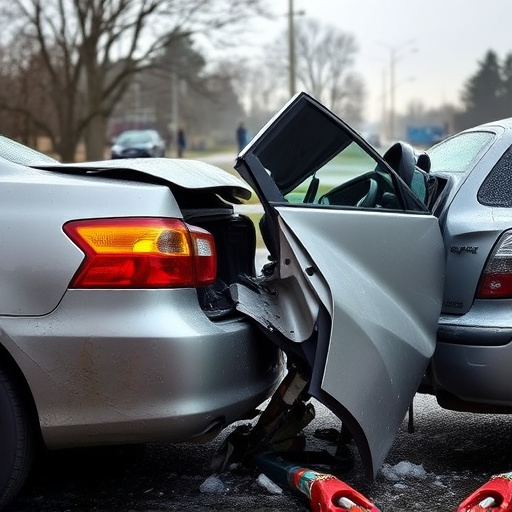
In the realm of auto body restoration, ensuring quality and safety is paramount. Key certifications for repairing vehicle damage are vital to establish trust and confidence among customers. Look for shops with recognized industry standards like ICAR (International Association for Car Repair Industry) certification. This signifies that the shop adheres to best practices, providing a thorough understanding of auto body repair processes.
Additionally, seeking technicians with NAIA (National Automotive Body Repair and Paint Technology Council) or similar bodyshop-specific certifications is beneficial. These credentials assure proficiency in car damage repair, fender bender repairs, and adept handling of various materials and techniques. Reputable auto body restoration shops prioritize these certifications to deliver top-notch services, ensuring customer satisfaction and the preservation of vehicles’ aesthetic and structural integrity.
Benefits of Professional Accreditation for Body Shops
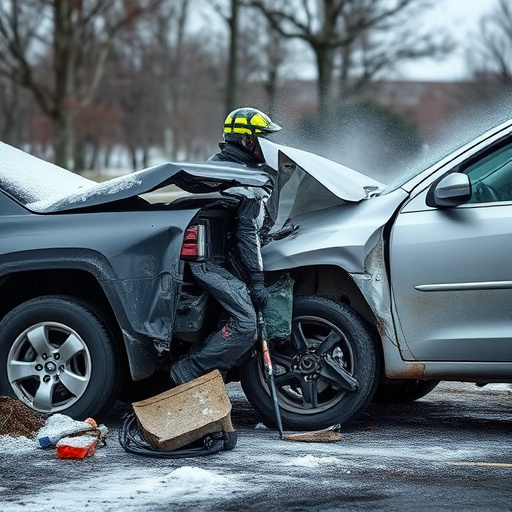
Professional accreditation for auto body restoration shops brings a multitude of benefits that extend beyond simple compliance. By achieving recognition from esteemed industry bodies, shops demonstrate their commitment to excellence and adherence to strict standards in car bodywork services. This acts as a beacon for discerning customers seeking reliable collision repair shop options, fostering trust and attracting business through positive word-of-mouth.
Moreover, accreditation enhances the overall reputation of both individual shops and the auto body restoration industry as a whole. It ensures that vehicle repair services are not only fixed but flawless, promoting safety and customer satisfaction. The process also incentivizes continuous learning and skill enhancement among staff, keeping them updated with the latest trends and technologies in collision repair, ultimately benefiting clients through superior service quality.
In the competitive world of auto body restoration, adhering to industry standards and obtaining relevant certifications is paramount. By prioritizing professional accreditation, shops can enhance their credibility, attract more clients, and ensure high-quality repairs that meet modern vehicle standards. These certifications not only benefit businesses but also provide peace of mind for car owners seeking expert restoration services.






